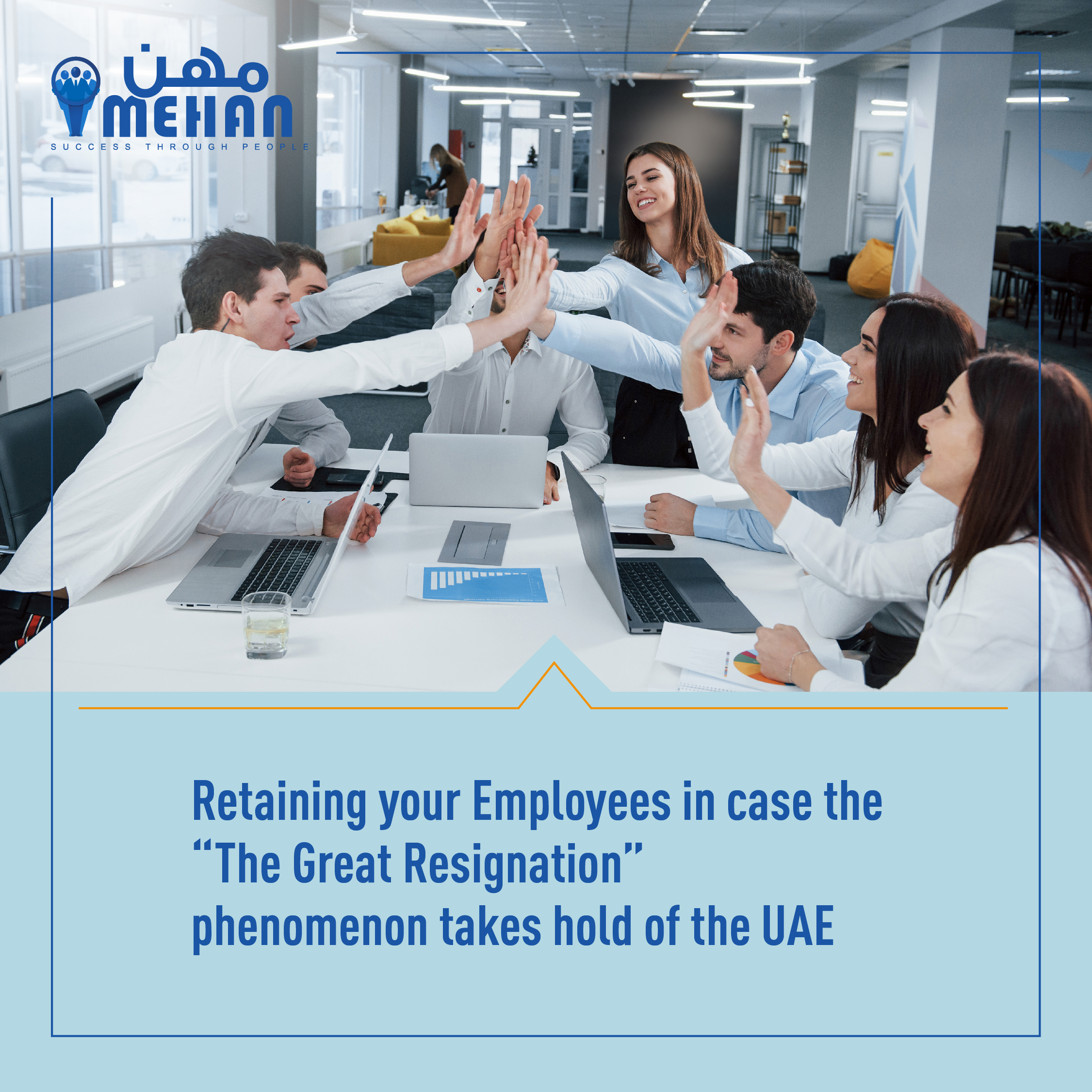
The Great Employee Exodus or the “The Great Resignation”, as it is widely known globally, is one of the realities of the post-pandemic world. The key reason cited for the same is that employees now understand the value of work-life balance over paychecks and promotions. Staffers including those in senior-level roles are choosing to leave their current jobs in search of personal well-being and clearly defined roles and responsibilities. The pre-pandemic culture of considering personal well-being as a burden rather than a priority that heightens performance is not acceptable to them anymore. This is not a change of mindset seen among a few individuals anymore, but an entire generation of employees who are re-writing the rules of workplace engagement. As the world slowly hobbles towards recovery, people across age groups, sectors, hierarchy and countries are quitting, with a ‘thanks, but no thanks’ note to their bosses.
While competitive pay and generous benefits are key to employee satisfaction and retention, a new global study by Weber Shandwick’s management consultancy United Minds and KRC Research reveals that the ability to make a meaningful contribution to the job is just as important, called The Contribution Effect.
The Contribution Effect and Employee Retention
The study revealed that employees wanted to retain the flexibility and agency they enjoyed during the pandemic. Ziad Hasbani, CEO of Weber Shandwick MENAT, the leading communications agency that also helps clients with employee engagement and change management, says these themes can be observed in the Middle East too. Employees are looking for a culture that is safe, inclusive and flexible while enjoying a fair remuneration, benefits and an opportunity to make meaningful contributions in their professional lives. The great challenge for companies today is building a loyal workforce that can thrive, through a re-imagined employee experience and strong employer relationship.
In evaluating Employee Experience (EX), four pillars emerged, which collectively defines a strong employee experience.
1. Non-Negotiable items – Fairness & Safety
Your staff expects to be treated fairly, feel supported, secure and valued regardless of role or background. According to the research, 1 in 3 employees report experiencing unfair treatment, including discrimination and harassment at work – and unfair treatment represents the single largest negative influence on EX.
2. Employee contributions and company benefits are equally important
Employees need to feel valued for their contributions that have any consequence. Feeling valued is a sure-shot predictor of employee retention. 70% of employees who participated in the study who report feeling motivated are also satisfied with their jobs. Yet, 30% are not motivated to do their best work.
3. Agency and Balance
Remote Working or Work-from-Home is not among the highly ranked factors that contributes to retention. Instead, what ranks highly is achieving work-life balance. This means that employees need flexibility above most things.
4. Having a chilled out workplace
Having a positive work environment and a fun place to work rank number one and four, respectively. More importantly, employees who feel their workplace is positive are 7 times more likely to continue working there. Employees who feel they are “fun at work” are 5 times more likely to consider their organization as among the best.




